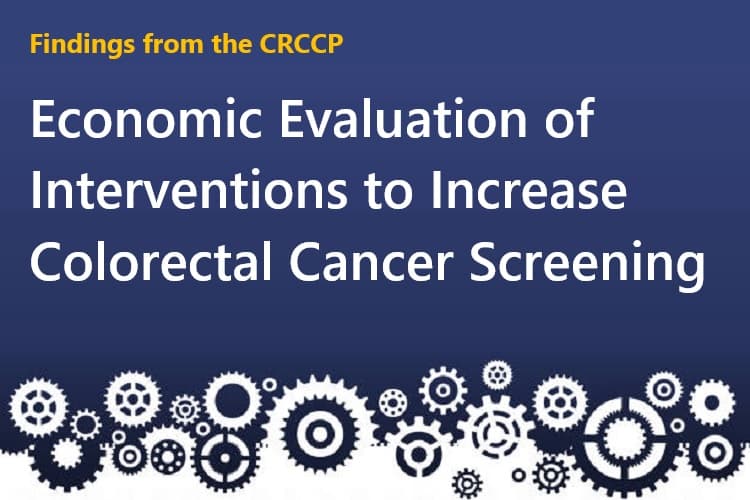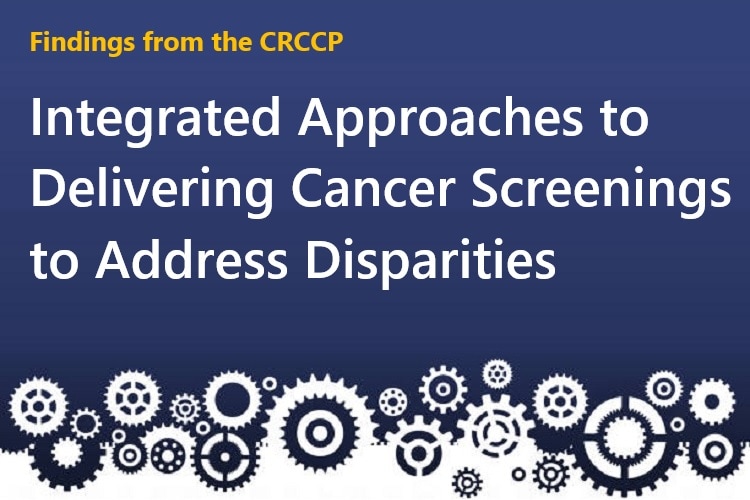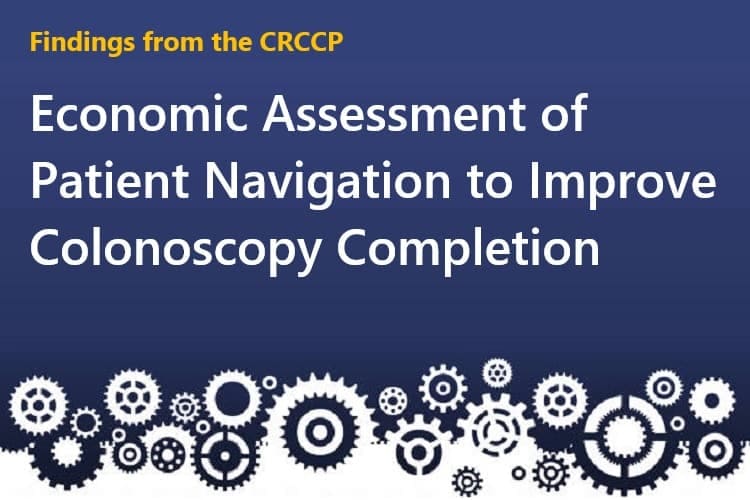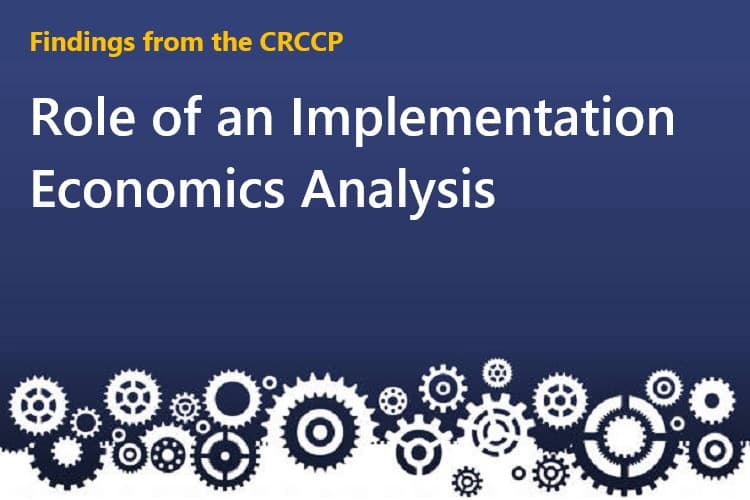CRCCP 2015–2020 Evaluation Results and Publications
CDC conducted a rigorous evaluation of the CRCCP that was funded from 2015 to 2020. Evaluation results are published in academic journals. The CRCCP Manuscript Summary Series provides key findings for each CRCCP publication.
CDC Evaluation of CRCCP, 2020–2025
CDC is leading a comprehensive evaluation of the CRCCP funded from 2020 to 2025. The evaluation examines how evidence-based interventions (strategies that have been shown to increase colorectal cancer screening) are implemented, changes in clinic-level colorectal cancer screening rates over time, and the cost-effectiveness of some interventions. CDC collects standardized data from all award recipients for each of their partner clinics and leads special studies to answer key evaluation questions. As analyses are completed, results will be shared here.
A series of research briefs examined the effectiveness of interventions that four CRCCP recipients used to increase colorectal cancer screening uptake. Each recipient implemented interventions such as patient reminders, provider reminders, provider assessment and feedback, staff incentives, and patient navigation.
CDC’s Colorectal Cancer Control Program focuses on increasing colorectal cancer screening in populations that have traditionally been medically underserved. To guide CRCCP recipients, CDC scientists wrote a series of three papers describing assessments of integrated cancer screening approaches that CRCCP recipients implemented.
The University of Chicago Medical Center received CRCCP funds to implement an onsite non-nurse facilitated patient navigation program.
This study describes how economic evaluations of approaches to increase colorectal cancer screening can improve decision making and program implementation.



